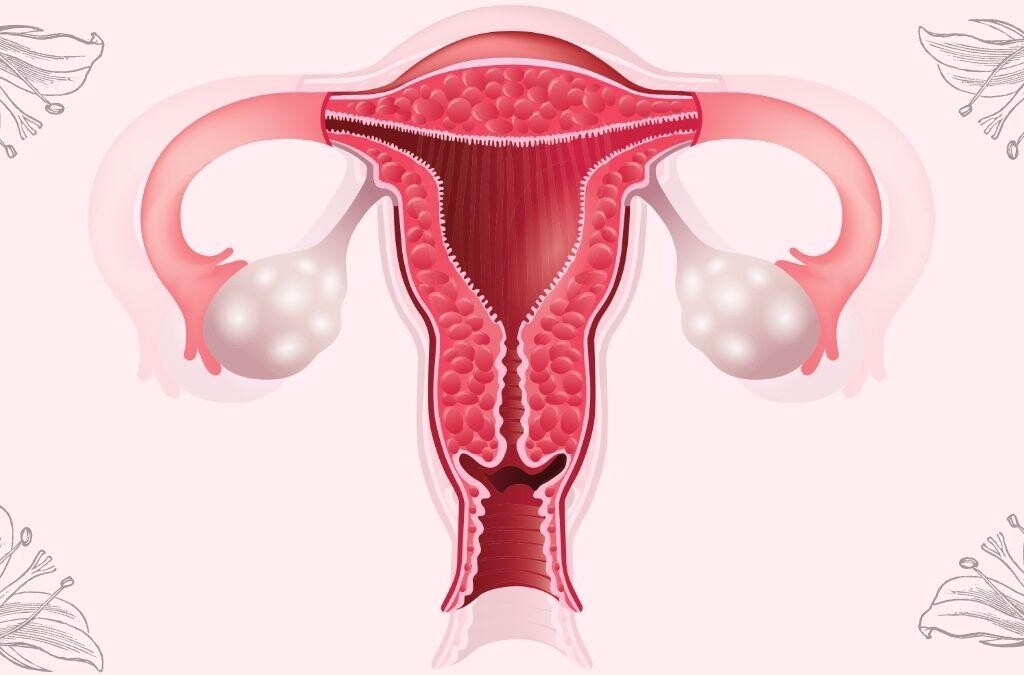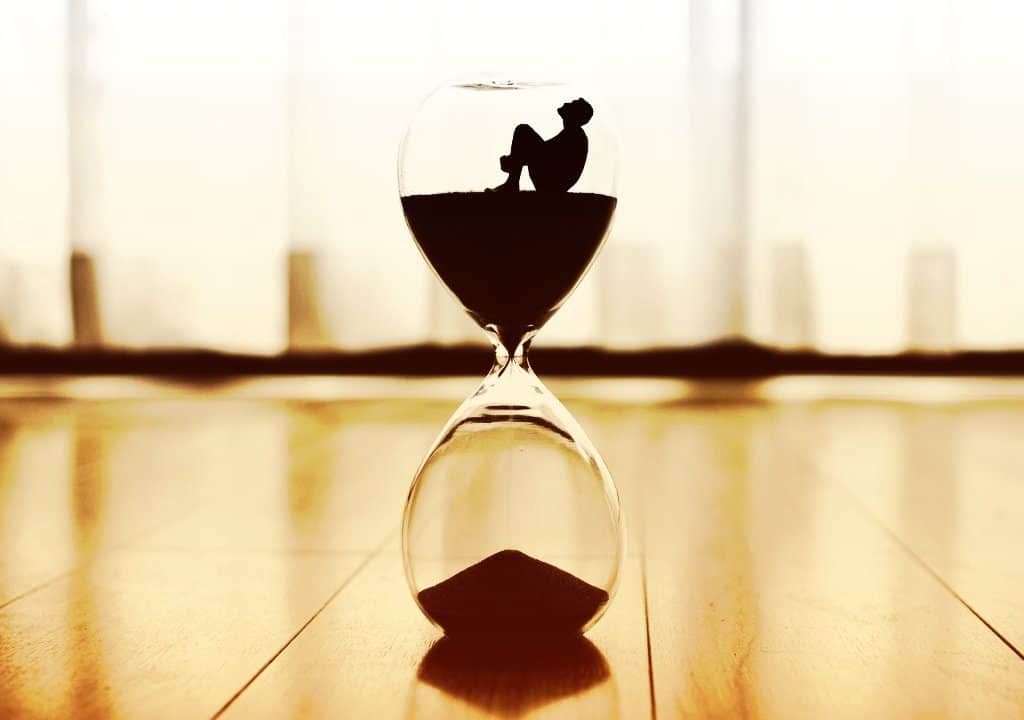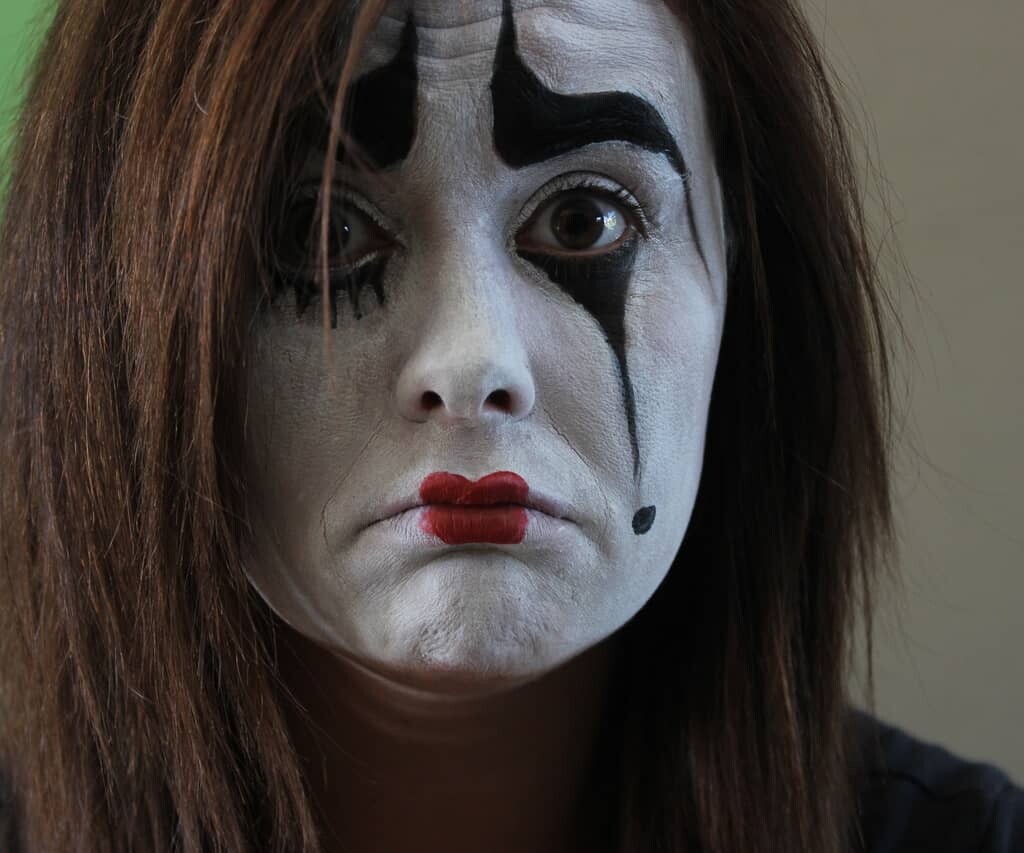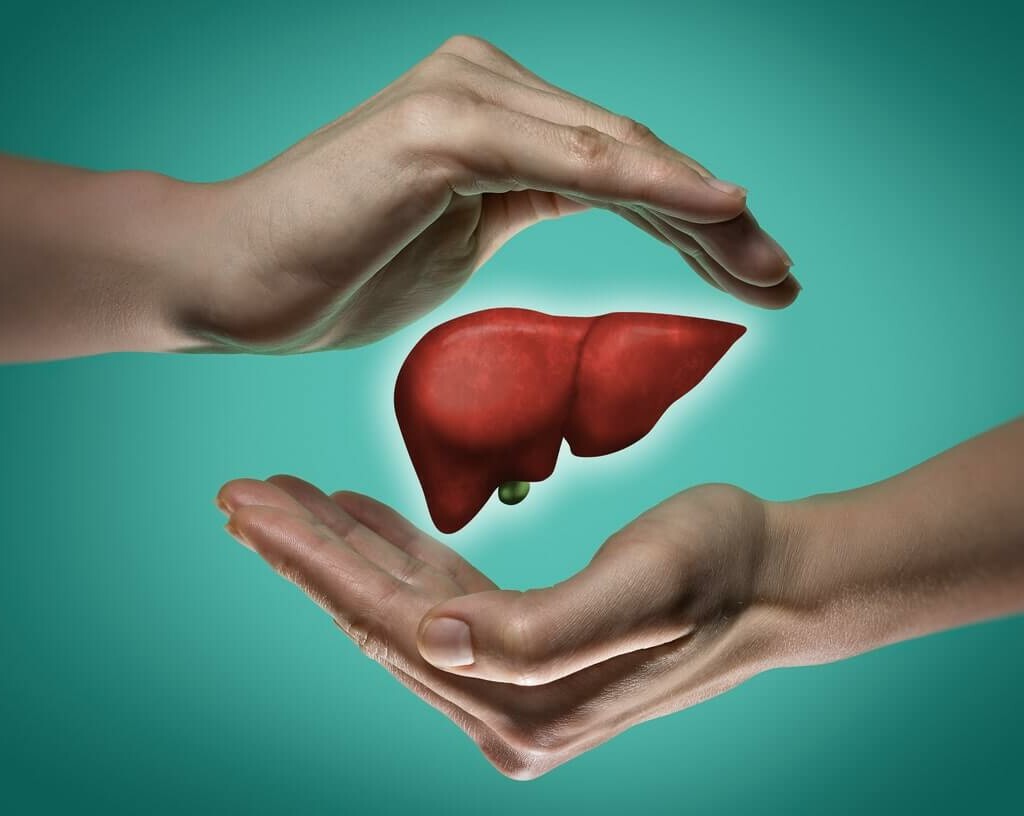The endocrine condition polycystic ovary syndrome, also known as Stein-Leventhal syndrome, is one of the most common hormonal disorders in women of reproductive age.
Polycystic Ovary Syndrome according to Biodescoding
Although it is a complicated and varied disorder with no known cause, it can be classified to some extent as a hereditary disease. It is one of the main reasons for female infertility.
Patients often present with irregular menses or amenorrhea due to oligoovulation or anovulation, infertility caused by changes in ovulation and polycystic ovaries (various tumors).
Excess androgenic activity
Also known as masculinizing hormones, they can cause hirsutism and acne, as well as insulin resistance, which is often related to hypercholesterolemia, obesity and type 2 diabetes.
Each patient’s symptoms are unique in severity. Congenital adrenal hyperplasia androgen-secreting tumors and hyperprolactinemia should be ruled out at diagnosis.
What conflict am I going through emotionally?
In Biodescodification, the existence of the polycystic ovary only serves emotional purposes. The fear of not being able to conceive because of the children of deceased relatives. There is nothing anymore.
The truth is that all of us women are fully capable of recognizing either of these two stories in our lives, despite doctors’ attempts to create stories, worry and even fear us with their diagnosis.
Achieving a condition of complete security, self-esteem and self-confidence are crucial. Families with women who produce a lot of drama or brag about their reproductive life often have polycystic ovary syndrome. Where the common drama of not wanting children, not having them, or losing them.
Also, it must be examined from a biological perspective.
Changing biological processes
If my biological purpose as a woman is to be born, grow, develop, reproduce and die, I am fully capable of changing my course when I decide to pursue other interests as a woman in the 21st century.
To this, I must add that my family has already inherited reproductive tragedies that I did not inherit when I was conceived. After a diagnosis of polycystic ovaries, the first thing I must decide in my life is that I am not going to live a story of the type:
- If I don’t have children before such-and-such an age, I won’t have children before such-and-such an age.
- I am no good as a woman if I don’t have children before such and such an age.
- I am the only one of my sisters who currently does not want to have children.
- I don’t imagine myself as a mother and I don’t see myself as a mother.
- Even though I don’t want children now, I worry that I won’t be able to have them in the future.
- I had an abortion (or several) and, as a result, I now constantly worry that I will not be able to have children.
- I feel that I am incapable of having children, despite everyone else’s desire to do so.
- I am afraid of having a child, that something will happen to it or that it will be born wrong.
- What if I can’t have children despite pressure from my partner?
- All my grandmothers and aunts have lost children; maybe I will too.
- I’m sure I can’t conceive, so I can’t have children.
What if I am infertile after trying for so long to get pregnant?
If none of this fits my ideal existence, I will have to delve into family histories-from my mother, my aunts and, ideally, my great-great-grandmothers-and learn the following:
- Unborn children, neonates who were stillborn and victims of abortions.
- Women who refused to be mothers, who wanted to have children but couldn’t, were ridiculed for not being mothers, or who had children without wanting them.
Fear of having children
We should study any of the above accounts. Due to some inherent or ingrained fear of having children, the brain is somehow instructed to “stop” any potential reproduction.
Thus, the worry of “not being able to have children” is triggered, leading to a contradiction. And to “satisfy” our state of mind, the brain instructs the ovary to multiply cells in this way.
By clogging the ovaries with tissue to stop the production of fertile eggs, it satisfies our desire to avoid having children. On the other hand, preventing the ovary from ovulating regularly, allays our concern that we cannot have children.
The brain is unable to respond if we include the fact that women’s emotions are practically always “an instinct”.
Family and work
Women declare themselves independent and postpone having children until they have achieved professional success.
When they meet a partner who alters this perception, they suddenly want to settle down, start a family and put professional achievements on hold, but they enter a phase of “I want both” right away, a family and a job.
In the end, they live in chaos because they are no longer aware of what they want, after which they enter a stage of guilt and hatred. Almost 80% of women who have completed their studies have a job and a stable professional or working life and are more likely to have polycystic ovaries.
Unlike women, who have always prioritized raising a family over any other goal.
Identification of a polycystic ovary
Given this, when a polycystic ovary is suspected, the following tests should be performed:
- Do I have the life I want?
- Will I feel anxiety or guilt if I quit my job, get married, or stop going to school?
- Do I feel guilty about being too old to have children?
- Am I afraid I won’t be a good mother?
- Do I want to have children, or not?
- Do I get pregnant simply because my spouse wants to have children, or do I do it because I want to keep him or her around?
We can tell our brain what to do with our ovaries to the extent that we are clear about our true desires, whether they are to be mothers or not. Because tissue growth in the ovaries will continue as long as we are in a state of “I want and I don’t want”.
A significant part of the emotional weight will be relieved by writing a bereavement letter to free me from the circumstances of my mother’s pregnancy and the condition of my doubles on the tree. But, no doubt, acting logically will be more crucial in my romantic and sex life.
Related post
With information from Akasha Integral Healing




